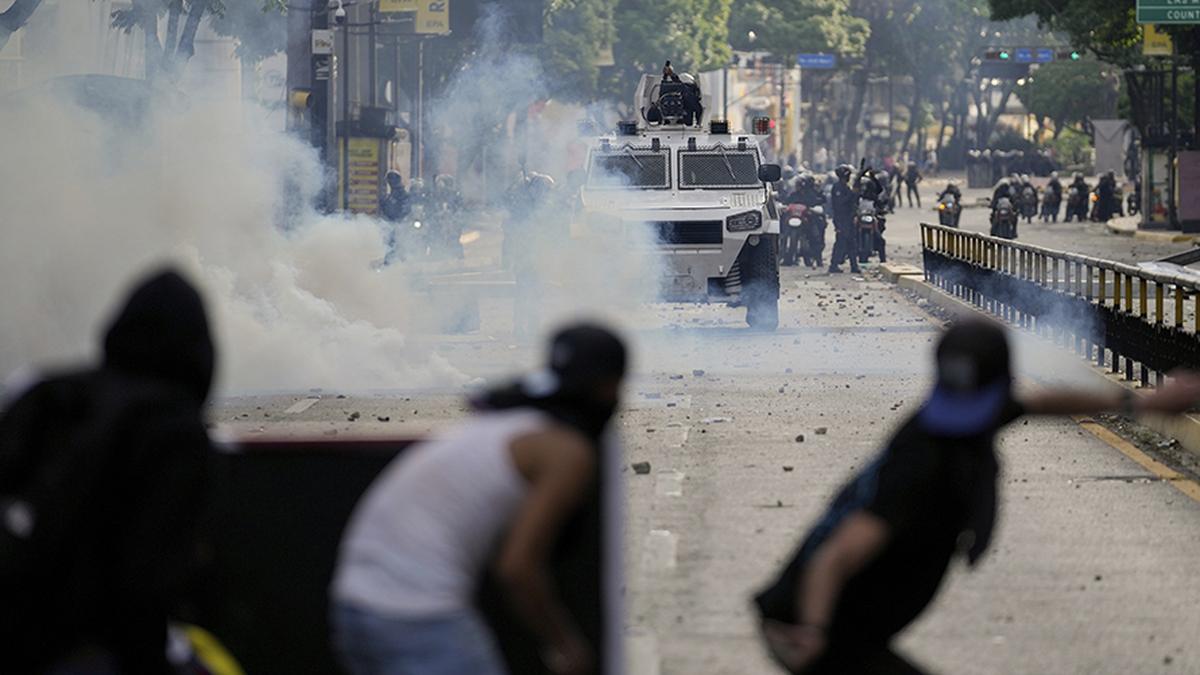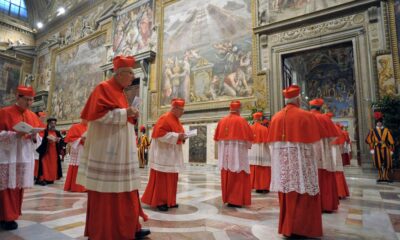The background: The recent election in Venezuela on July 28 saw President Nicolas Maduro being declared the winner by the National Electoral Council (CNE) with 51.21% of the votes, while the opposition claimed their count showed a different result. This discrepancy led to widespread protests and a government crackdown, resulting in multiple casualties and arrests. The winner is set to be inaugurated on January 10, 2025.
What led to the polls?
Nicolas Maduro took over as President of Venezuela after Hugo Chavez’s death in 2013. The country’s economy, heavily reliant on oil exports, has faced challenges over the years due to fluctuations in global oil prices and issues like ‘Dutch disease’.
During the early 2010s, Venezuela experienced economic turmoil with rising inflation and shortages of essential goods, leading to protests and government crackdowns. The situation was exacerbated by sanctions imposed by global powers like the U.S.
Election process:
Following a relaxation of sanctions in 2022, Venezuela promised free and fair elections, but the opposition candidates faced obstacles in participating. Despite efforts to ensure transparency in the electoral process, the opposition was denied access to crucial voting data, leading to disputes over the election results.
The opposition coalition devised a strategic plan to gather voting data independently, revealing discrepancies in the official results. While some countries supported Venezuela’s government, others called for transparency in the election process.
Aftermath of the elections:
Despite international calls for transparency, President Maduro has not released the official voting data, citing a cyberattack. The situation escalated with protests and state crackdowns, resulting in a humanitarian crisis. The United Nations Human Rights Council has condemned the violence and human rights violations in Venezuela.
Published – September 23, 2024 08:30 am IST








































